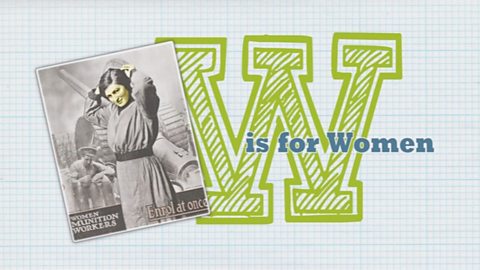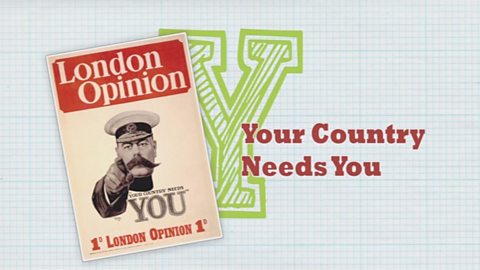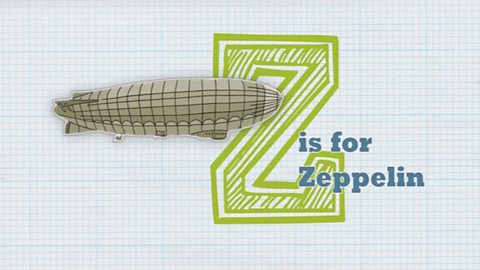Many people believed that the war would be over by Christmas 1914 but they were wrong.
In 1914, the British troops were given a gift box from the Princess Mary Gift Fund.
On December 24th 1914, there was also an unofficial truce between some German and British soldiers in the trenches near Ypres.
Harry Southern. Schoolteacher. Forty two years of age.
See this brass tin? I got this Christmas day 1914. I wasn’t a teacher then. In 1914 I was a private in the army and on Christmas Day I was in a trench near the Frontline in France. Every soldier got one of these as a present from Princess Mary.
It was a funny Christmas. Christmas Eve it all went quiet and we heard this voice singing in German. ‘Stille Nacht’. We all knew the tune ……Silent Night ……so we joined in. It was lovely. English and German voices singing together in the dark.
The next morning a German climbed out of his trench, put his hands in the air and shouted ‘Happy Christmas.’ Then more Germans followed him. They were all smiling and laughing so we got out of our trench too.
We met up in the middle and shook hands and then the fun started. The Germans had brought all sorts of stuff to share. Brandy and cigars. So we did the same. We gave them whisky …… and Christmas pudding.
We got out an old tin can and had a kick about. Must have looked strange. Hundreds of men - us in khaki, them in grey - hacking away at an old tin can with our old army boots.
Then it got dark and we said goodbye. A German pulled a button off his coat and gave it to me. So I cut a button off my coat and gave it to him. We shook hands and that was it.
Christmas Day 1914. I’ve looked after this tin all these years. It was the only present I got that Christmas. Wasn’t much but it meant a lot to me. Still does.
Video summary
Newsreel and images provide the backdrop for a commentary from schoolchildren.
This tells the story of the unofficial ‘Christmas truce’ that broke out between the opposing armies at Ypres on 24th December, 1914.
The children examine one of the gift boxes issued to British troops by the Princess Mary Gift Fund.
In a dramatic monologue, we meet school teacher Harry Southern, who recalls his experience of the truce.
He remembers meeting German soldiers in no-man's-land, exchanging gifts, singing carols and playing football, before the war resumed on the following day.
This clip is from the series WW1 A to Z.
Contains potentially upsetting content; teacher review is recommended before use in class.
Teacher Notes
Ask pupils to decide what presents they would add to a tin to be issued to soldiers in the trenches.
Which gifts would be the most practical and welcome?
The children could pack small tins with gifts to illustrate their ideas, before using books and websites to establish the contents of the tins issued to the troops in 1914.
What do pupils make of the truce that broke out at Ypres?
The children could suggest and then use online sites to translate useful German phrases for the British Tommies to use during the truce.
How do the children think the officers of the two armies reacted to the truce? Why do pupils think men resumed fighting on the following day?
This short film is suitable for teaching history at Key Stage 2 / Second Level or above.
W is for Women. video
Newsreel and dramatic monologue honour the role of British women during WW1, particularly those who worked in munitions factories.

Y is for Your Country Needs You. video
A selection of British newspaper headlines from WW1 suggest the impact propaganda had in Britain.

Z is for Zeppelin. video
Newsreel, a school child’s commentary and dramatic monologue give an account of the Zeppelin raids on Britain starting in 1915.
